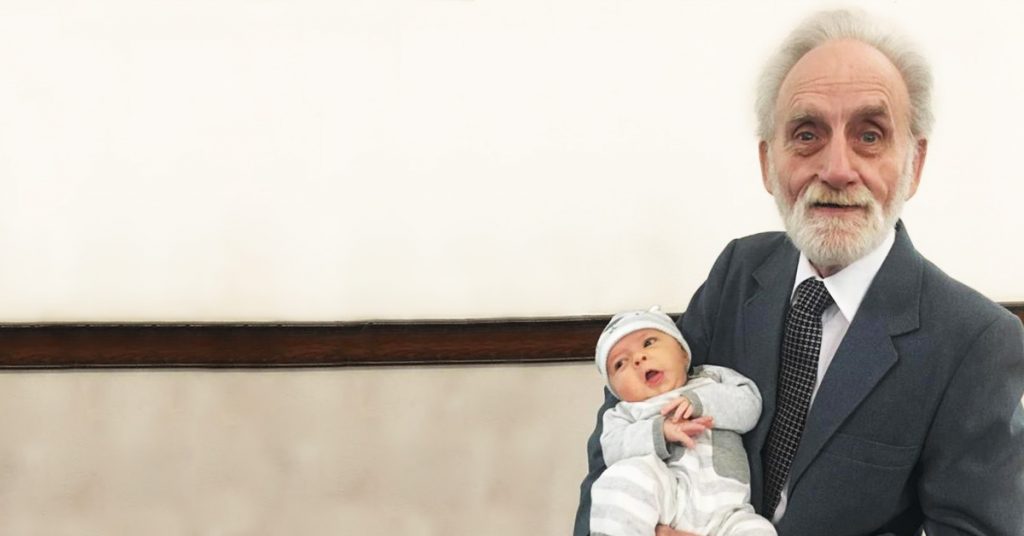
A new term buzzing around Christian ministry is “Third Age.” Third age refers to the third stage of life. The first third of life covers from birth to your first real job. The second third of life is the stage of meeting your mate, raising children, and working till retirement. The third age of life is that time from retirement till death.
During this third age of life, the church sometimes ceases to be a presence in the life of its church members. I recently attended the APCE (Association of Presbyterian Church Educators) conference. There was a workshop I attended conducted by Rev. Mary Miller Currie. I am not sure if what I am going to share with you is original to her or if it is something, she found, but I am sharing it because I found it to be profound.
What are the rites of passage in the final third of life?
When I was 16, 17, 18 my parents trusted me to drive and allowed me to have the keys to the car–and there was a celebration and I felt empowered, I was an adult, I had freedom, I had possibilities.
When I was 66, 77, 88 my children no longer trusted me to drive and did not allow me to have the keys to the car and they took them away and hid them–and I lost my freedom, there were tears and anger and frustration and I felt a certain worthlessness, I could do nothing on my own.
When I was 18 or 21 or so I moved into my own place and began to acquire the stuff of life–and others celebrated with me: my first apartment, my first home, my first big dinner party.
When I was 68 or 81 or so I had to downsize and move in with my children, move into an older adult community, move into assisted living or skilled care: I gave away the stuff of life, the memories, the things that meant something–I threw away the things no one wanted, no one cared about, and I mourned their passing–and no one seemed to care. I invited friends and family to come see me, but visitors are few.
When I was young my parents had to carry me, then there were first steps and first teeth and the first day of school: There were pictures and celebrations
When I became old others had to help me get around, I wondered about walking and last steps, last days and last times of doing things and going places.
When I was young, I stood in front of the church and said my marriage vows–until death do us part. And friends and family gathered around us and congratulated us and celebrated our love and the years ahead of us.
When my beloved died, I sat at the front of the church, the oldest of the family generations gathered and said my goodbyes. We were to celebrate a life well lived–and so it was. So now I am widowed, I should take off this wedding ring–the vows it symbolizes no longer bind us together in this life, must I do that alone with no one else to remember what our life meant together?
When I graduated at 18 or 22 or 26 we moved away from our parents for jobs and opportunities and the adventures of life, the church blessed me and commissioned me to go to find a church in the new place to continue to grow in the faith–we celebrated the opportunities and adventures ahead.
When I turned 68 or 72 or 86, I moved closer to be with my children who had moved away for jobs and opportunities and adventures–the church said nothing except they were sad to see us go. Our last Sunday we just sort of walked away…
When I was 78 or 82 or 86, my family could care for me no longer: I ended up in a nursing home, and little by little people quit coming to see me. The church quit coming to see me. I think they all forgot me. I think they thought that I would not remember if they had been there or not.
The witness of Christ as members age.
I offer this as simply a way of think about the lack of ministry from the church as our congregations turn older and experience rites of passage that are not as glamorous as the passages that happen when we are younger, but the church should be a presence in all rites of passages in life. The church is the presence of Christ in every stage of life, and we must not be silent.



Leave a Reply
Your email is safe with us.